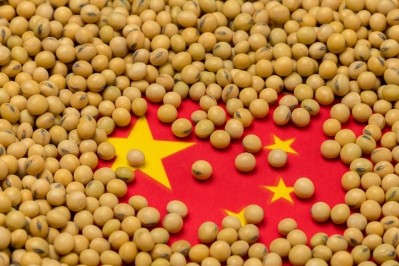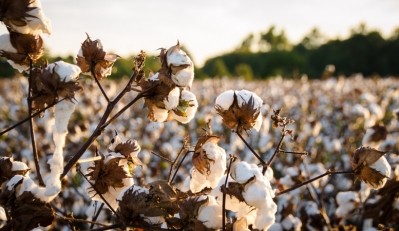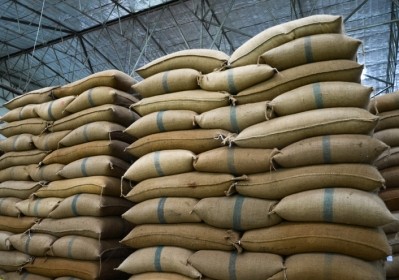'Uncertainties and headwinds beset Chinese food and agribusiness landscape'

Urbanization and rural upgrading in that country are still providing a base for growth in the service sector and increasing food spend, said Ping Chew, head of RaboResearch food & agribusiness, Asia.
However, he said the F&A sector is facing a slowing economy beset with uncertainties and headwinds, including US-China trade negotiations, tightening consumer wallets, weak financial and real estate markets, and manufacturing slowdown.
The F&A sector there is also confronted with potential disruptions from diseases, and ongoing structural changes due to industry consolidation, environmental policies, and rapidly changing consumer trends, said Chew.
Domestic enterprises, especially e-commerce giants, are beginning to dominate in the Chinese F&A sector, adding value and becoming a platform of services and products, according to the outlook.
Rabobank said there is scope for foreign businesses in China but speed, consumer intelligence, smart alliances, as well as identifying core appeal and adapting products will be increasingly important.
Productivity and yield improvement in both grain and livestock farming remain key trends as farm size increases and industries consolidate, said the analysts.
Environmental protection and sustainability efforts are continuing in the Chinese food and agribusiness landscape, but these are mainly state-led, as consumers are aware but not willing to pay for it yet, they said.
US-China trade relations
The report concluded that US-China trade relations and the outcome of negotiations remain the biggest millstone around the neck of many industries, influencing prices, supply chains, and global trade flows.
Even with a trade détente, the analysts forecast that China will seek alternate raw material supplies or use this episode to upgrade domestic operations.
In early December, the US and China reached a 90-day tariff ceasefire, set to last until the end of February, a move aimed at deescalating the trade tensions.
As part of the concessions, China started to purchase US soybeans for the first time since the trade war between the two countries began. State-owned firms in China have reportedly booked around 5m tons of US soybeans to date, most of which will be shipped from the Pacific Northwest from January to March, noted the Rabobank team.
The analysts said the beans were likely purchased on behalf of the Chinese government to replenish the state reserve.
As the 25% tariff remains in place, Chinese commercial crushers will not have any real incentive to buy US soybeans until the punitive tariff is abolished, noted the authors.
Alternative meal imports
There is still a chance though that the US and China will not reach an agreement and that a full-blown trade war commences after the 90-day period ends on February 28 2019, cautioned Rabobank.
Facing potential supply shortages of soymeal to feed its livestock, China plans to import more alternative meals as a substitute, such as sunflower meal from Ukraine and rapeseed meal from India, said the team. Indeed, the Chinese government, from January 1 this year, removed the import tariffs on alternative meals used in animal feed, including rapeseed meal, cotton meal, sunflower meal and palm meal.












